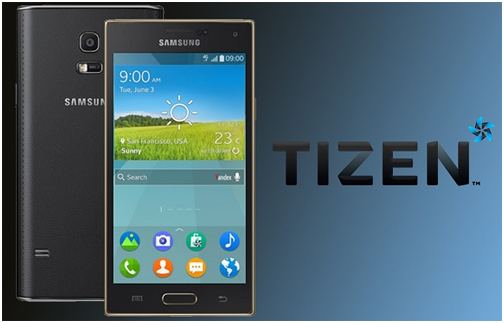Samsung Electronics Eventually Abandons Tizen OS

Samsung Electronics has pulled the plug on its Tizen operating system.
Samsung Electronics’ Tizen operating system (OS) will fade into the mists of history.
The company announced on Jan. 12 that it closed down Tizen Store, an application market platform for Tizen OS, on Dec. 31 2021. The decision came six months after Tizen Store banned users from registering new apps and allowed users to download existing apps only in the middle of 2021. The measure also came about four years after the launch of the final Tizen-powered smartphone model in 2017.
Samsung introduced Tizen OS in partnership with Intel in 2012 to hold Google and Apple in check. The OS is an open multi-platform that provides open sources. At the time, Google acquired Motorola Mobility and created X Phone, undermining the cooperation system with Samsung. Google’s move compelled Samsung to prepare the Tizen OS as an alternative to Android.
However, the Tizen Union was unstable from the beginning due to the departure of cooperating mobile carriers. In August 2013, Samsung managed to introduce a Tizen-based phone in cooperation with NTT DoCoMo, but since then, Tizen phones have been shunned due to a lack of popularity and inconvenience. Samsung launched the smartphone Z4 loaded with the last version of the Tizen OS in 2017. Since then, the Tizen OS has been mainly used for smart TVs and smartwatches. Last year, Samsung used Google’s integrated wearable platform, instead of the Tizen OS, even for the Galaxy Watch.
Some experts express concern over the disappearance of a competitor to the operating systems of Google and Apple. According to Statista, a global market research firm, as of December 2021, mobile operating systems other than Google Android (70.0 percent) and the Apple iOS (29.2 percent) had a meager 1 percent share of the global mobile OS market.